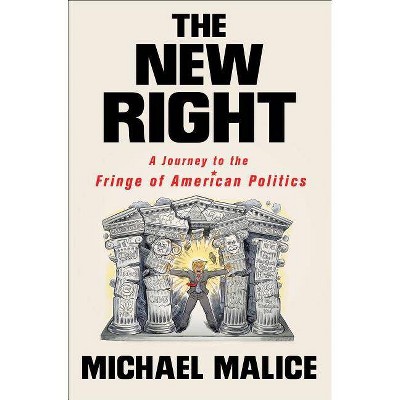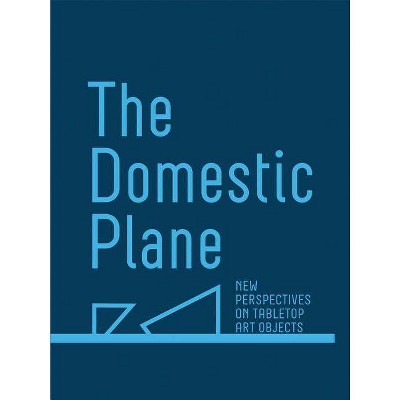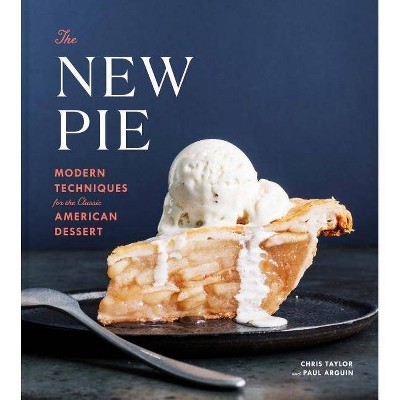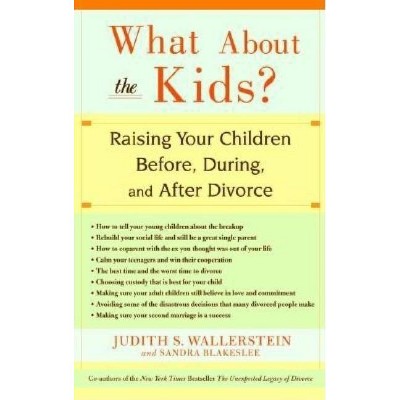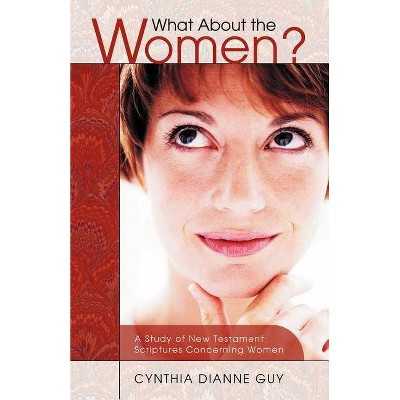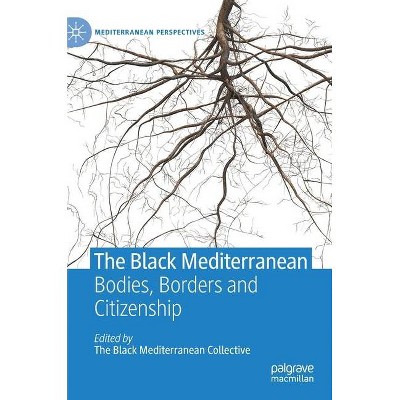What about the Workers? - (New Perspectives on the Right) by Andrew Taylor (Hardcover)
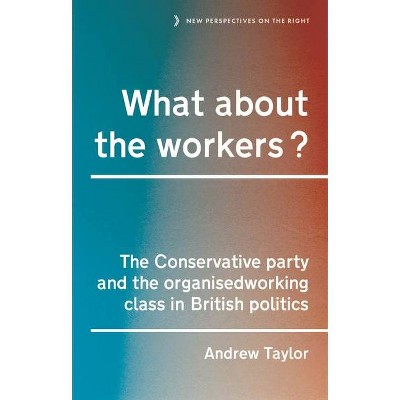
Similar Products
Products of same category from the store
AllProduct info
<p/><br></br><p><b> About the Book </b></p></br></br>This book explores the long-term relationship between the Conservative Party, trade unions, and the organised working class. It focuses on the question of why the Conservative Party for much of its history sought to accommodate the unions and why in the 1970s and 1980s it adopted a policy of excluding the unions.<p/><br></br><p><b> Book Synopsis </b></p></br></br>The relationship between the Conservative Party and the organised working class is fundamental to the making of modern British politics. Industrialisation and urbanisation saw the emergence of democracy and class politics, symbolised, by the development of trade unions, which assumed growing political significance. The organised working class, though always a minority, was perceived by Conservatives as a challenge; condemned as threatening property, and as harbingers of socialism. Many trade union members dismissed the Conservatives as the bosses' party, ever-ready to restrict the unions' freedom in the interests of profit. However, at the book's core is a puzzle: why, throughout its history, was the Conservative Party seemingly accommodating towards the organised working class that it ideology, social composition, and the preferences of most Conservatives would seem to permit? And why, in the space of a relatively few years in the 1970s and 1980s, did it abandon this heritage? Taylor argues that throughout its history, the Conservative Party has faced a broad strategic choice with respect to the organised working class: either inclusion or exclusion. The portrayal of the character on the front cover encapsulates the concept of the 'bloody-minded' British worker - an attitude that encapsulates a determinedly 'conservative' attitude to defending rights and influence gained during the twentieth century and which led to the reaction against 'union power' in the 1960s and 70s.<p/><br></br><p><b> From the Back Cover </b></p></br></br>The relationship between the Conservative Party and the organised working class is fundamental to the making of modern British politics. Industrialisation and urbanisation saw the emergence of democracy and class politics, symbolised, by the development of trade unions, which assumed growing political significance. The organised working class, though always a minority, was perceived by Conservatives as a challenge; condemned as threatening property, and as harbingers of socialism. Many trade union members dismissed the Conservatives as the bosses' party, ever-ready to restrict the unions' freedom in the interests of profit. However, at the book's core is a puzzle: why, throughout its history, was the Conservative Party seemingly accommodating towards the organised working class that it ideology, social composition, and the preferences of most Conservatives would seem to permit? And why, in the space of a relatively few years in the 1970s and 1980s, did it abandon this heritage? Taylor argues that throughout its history, the Conservative Party has faced a broad strategic choice with respect to the organised working class: either inclusion or exclusion. The portrayal of the character on the front cover encapsulates the concept of the 'bloody-minded' British worker - an attitude that embodies a determinedly 'conservative' attitude to defending rights and influence gained during the twentieth century and which led to the reaction against 'union power' in the 1960s and 70s.<p/><br></br><p><b> About the Author </b></p></br></br>Andrew Taylor is Emeritus Professor of Politics at the University of Sheffield
Price History
Cheapest price in the interval: 99.99 on November 8, 2021
Most expensive price in the interval: 99.99 on December 20, 2021
Price Archive shows prices from various stores, lets you see history and find the cheapest. There is no actual sale on the website. For all support, inquiry and suggestion messagescommunication@pricearchive.us
